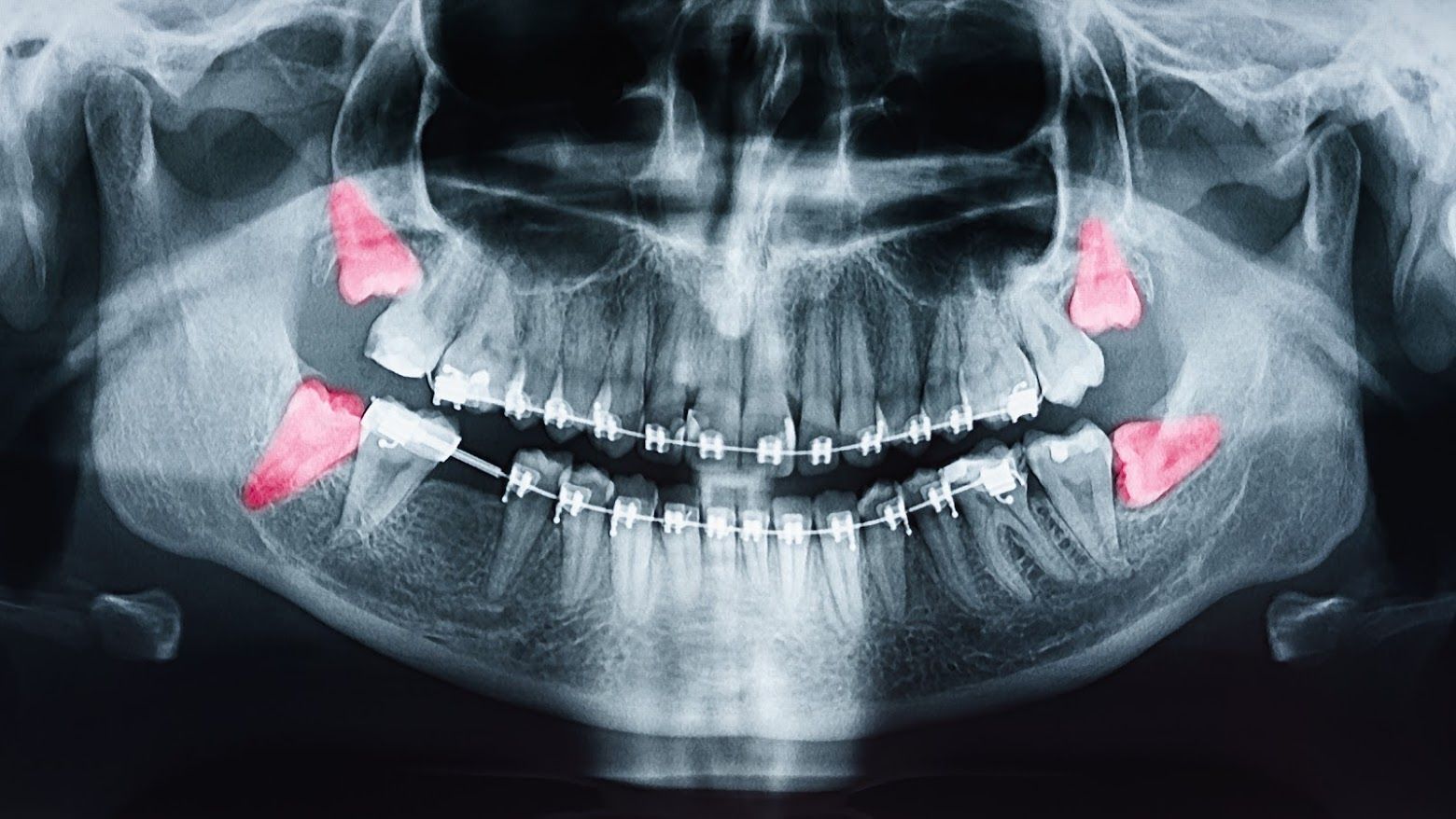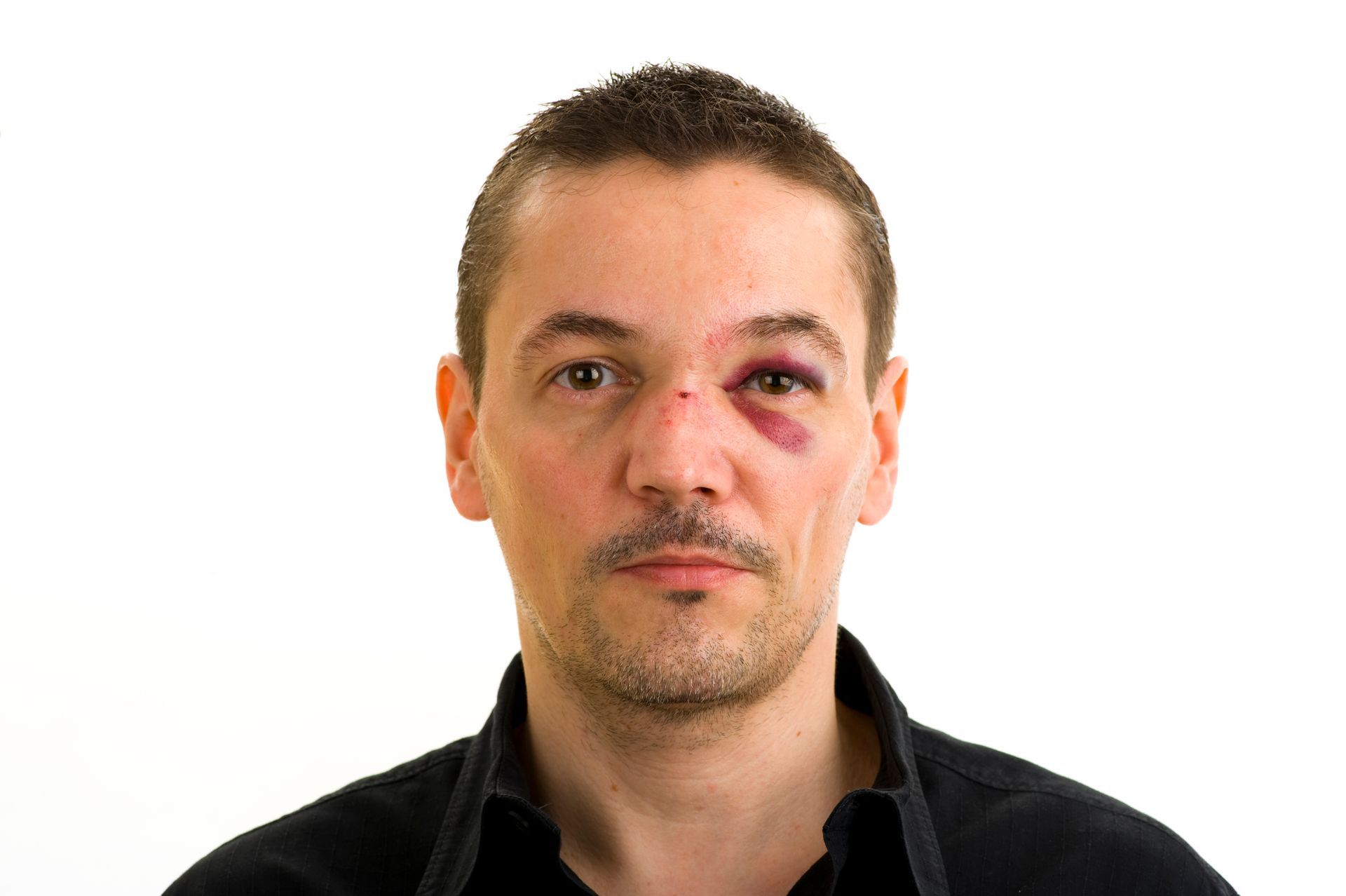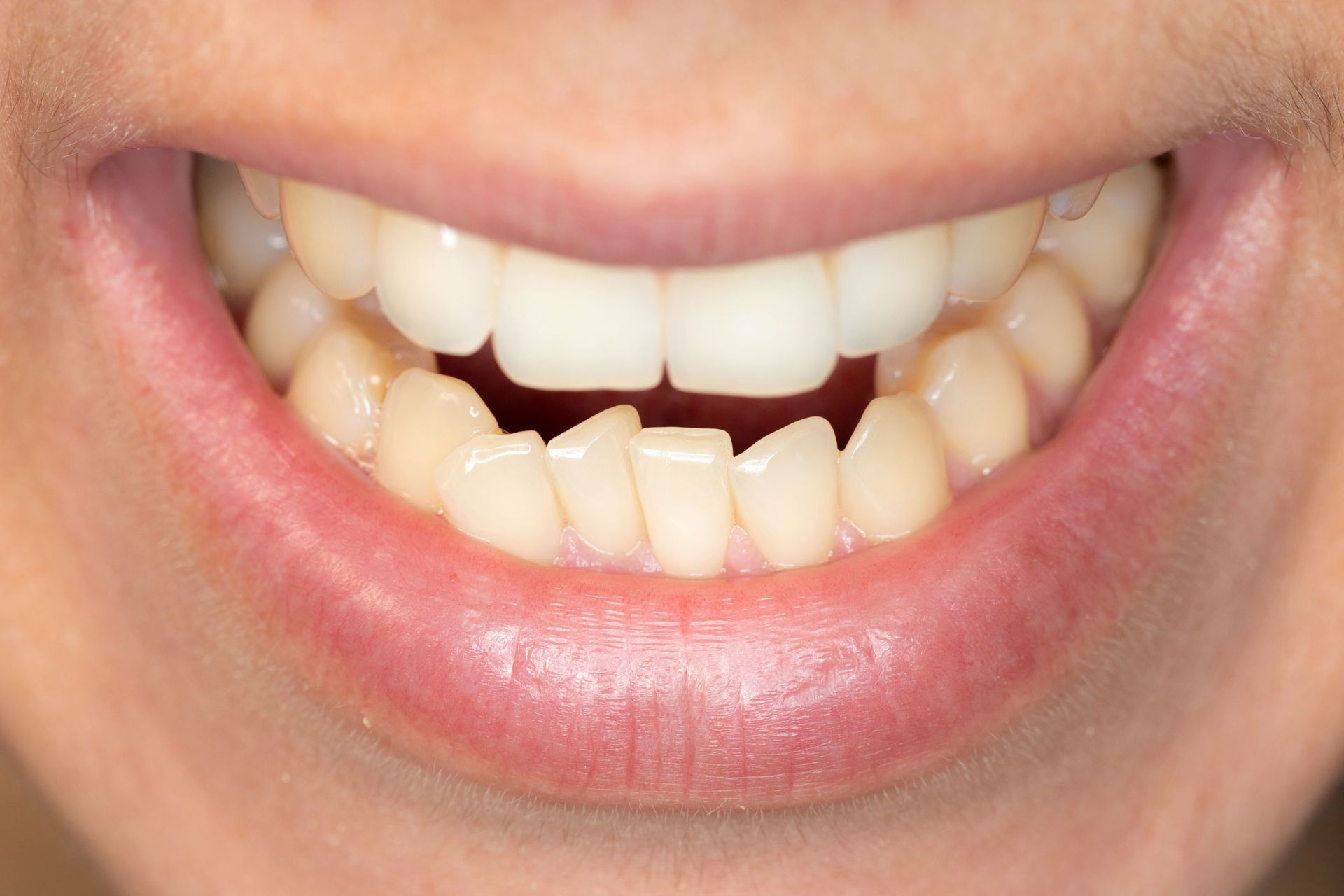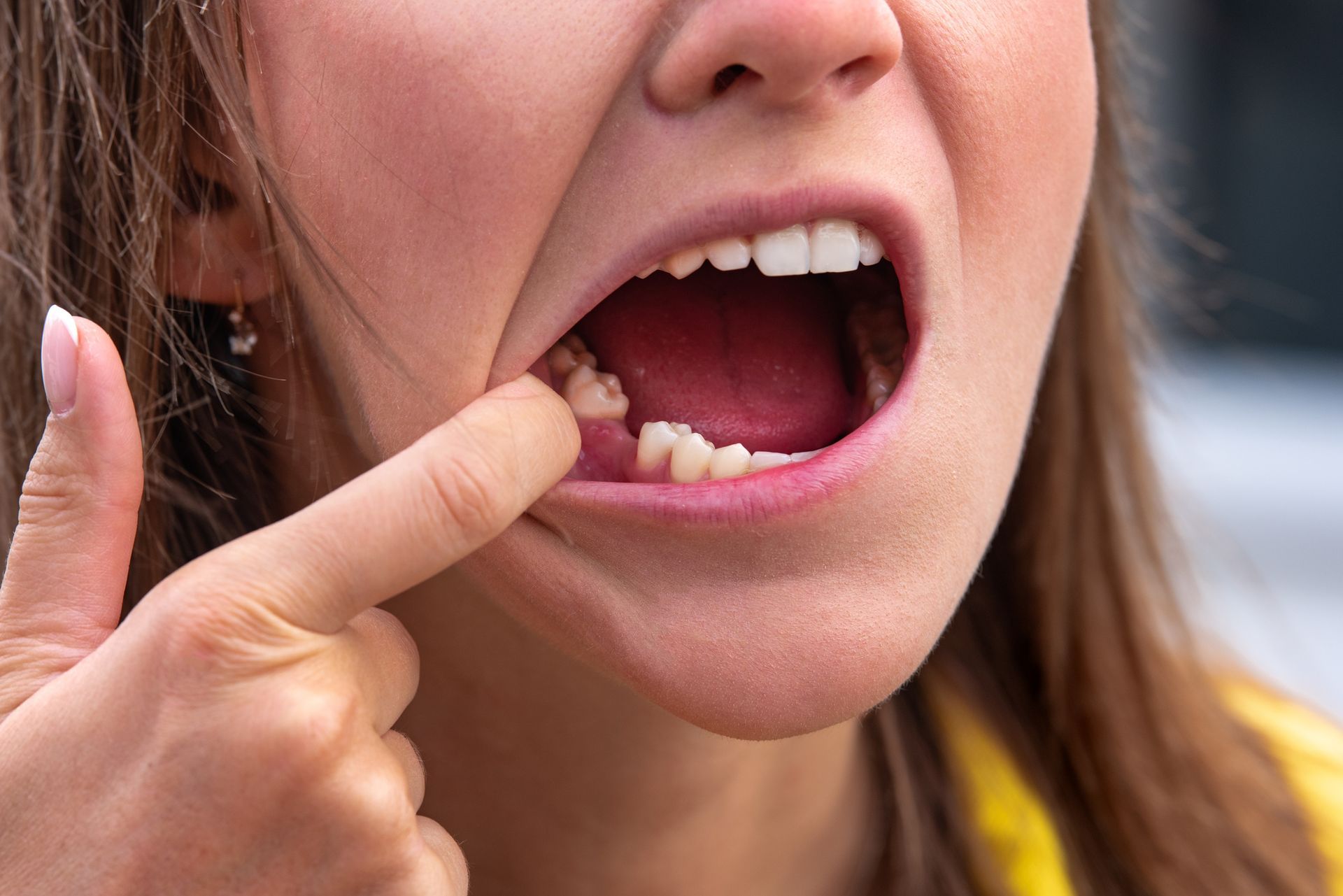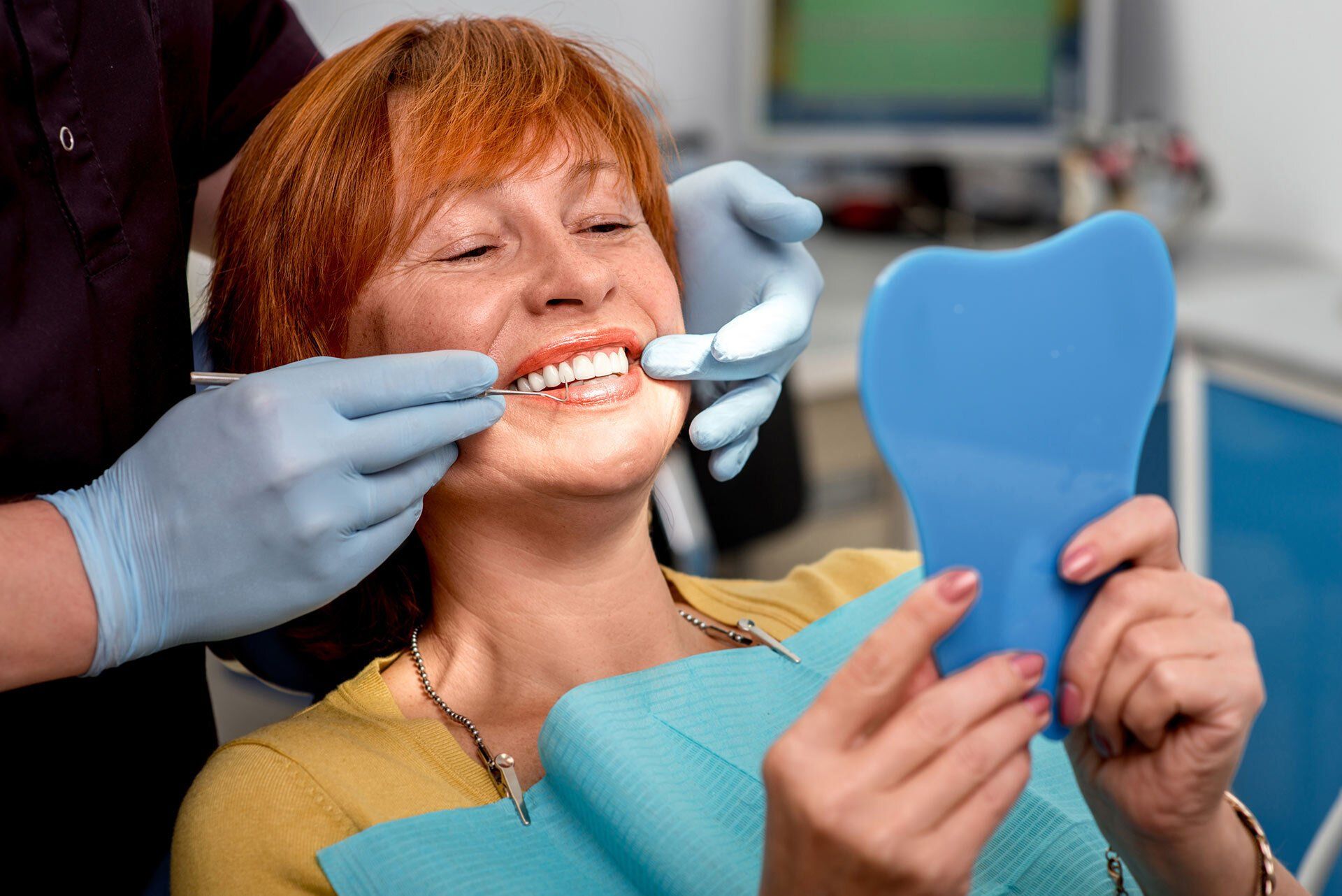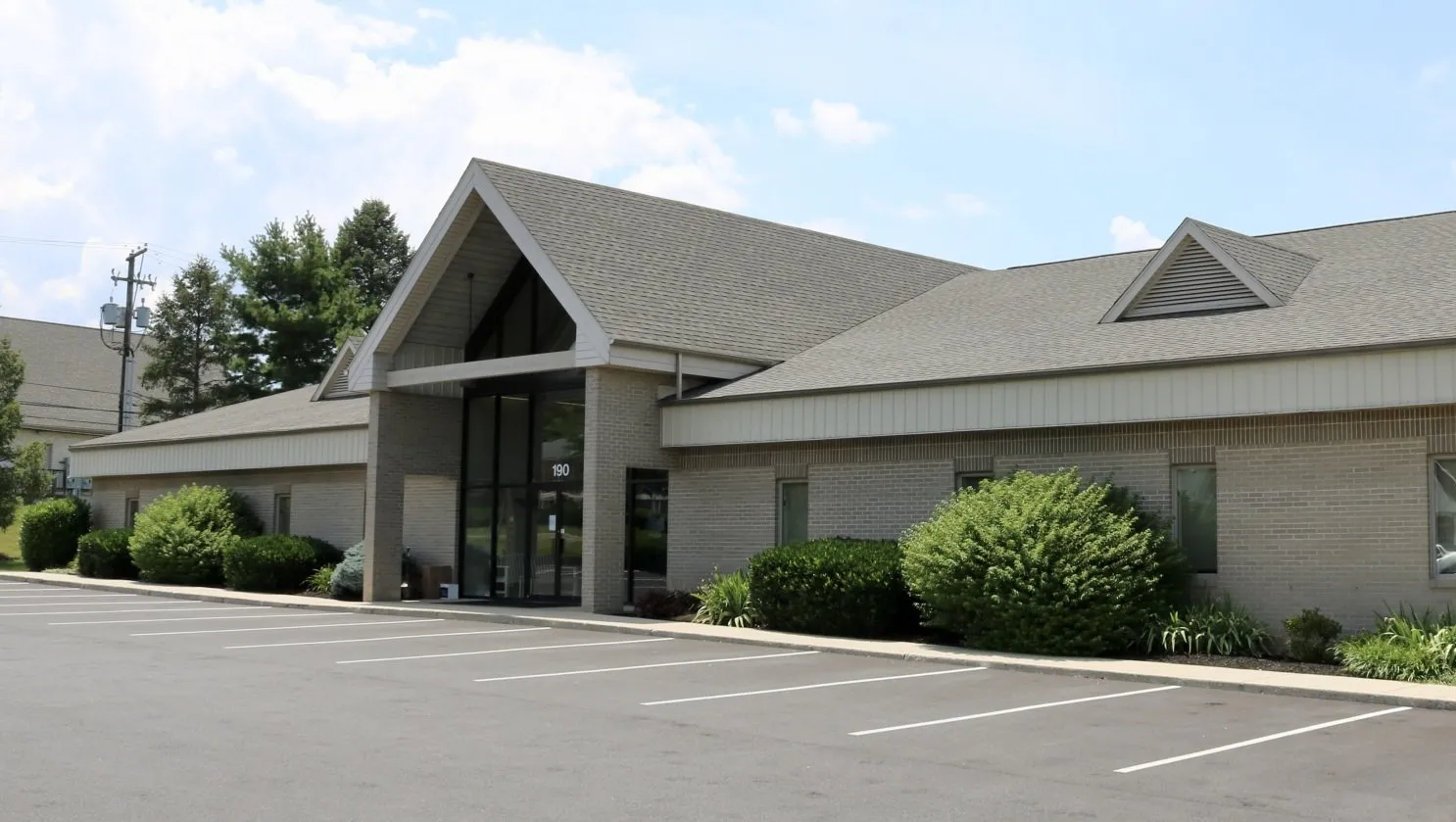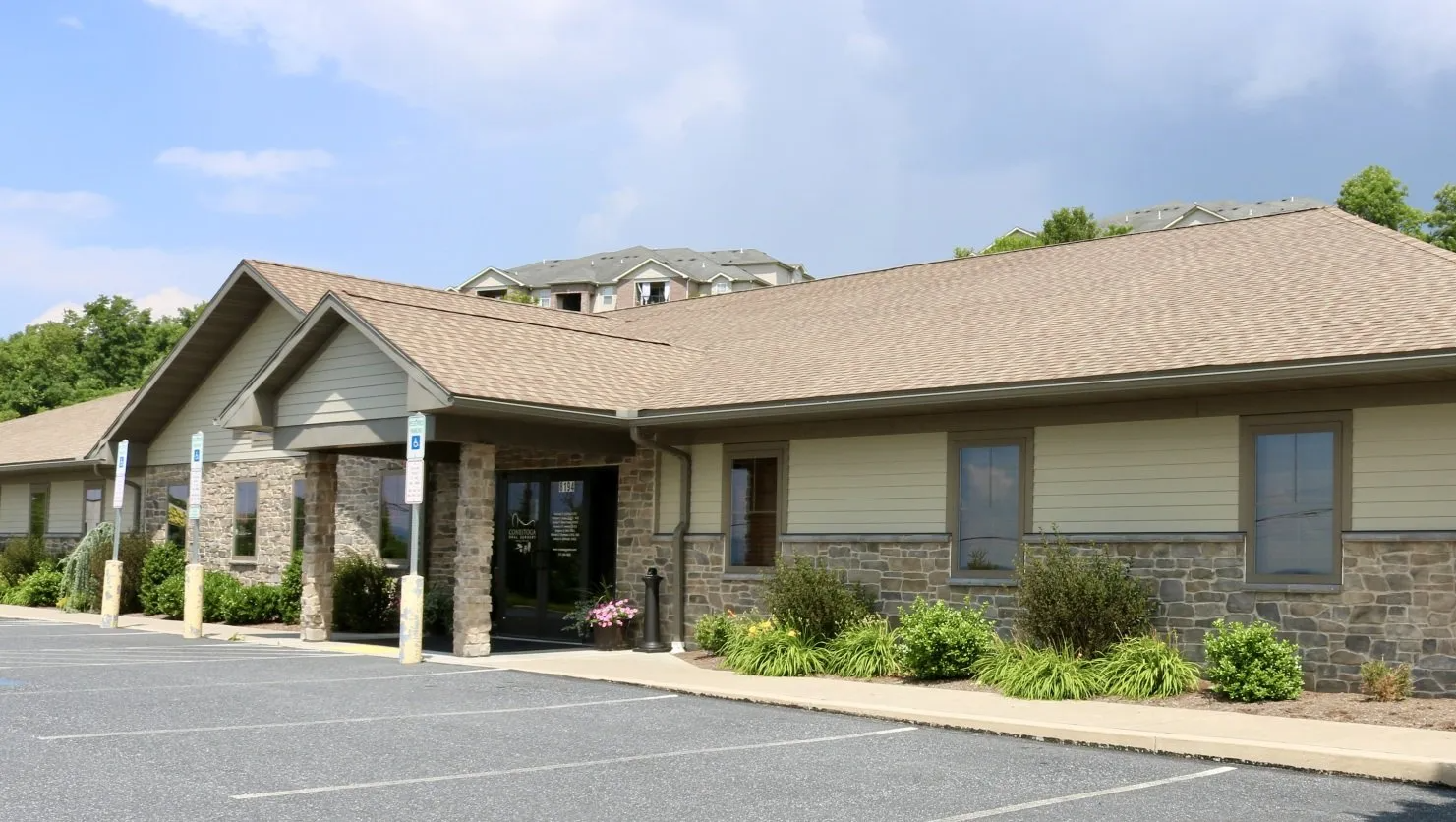Lancaster Office
Hershey Office
Lititz Office
Everything You Need to Know About Tooth Extraction
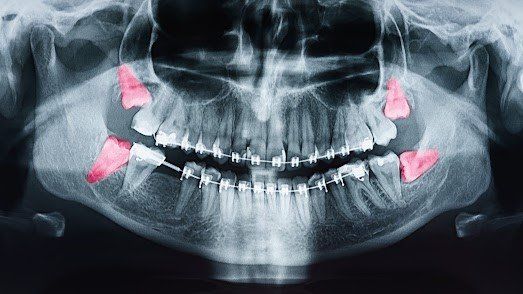
Your teeth are incredibly important, but many problems can arise. Some of these issues develop over a long period of time, but some develop quickly and require immediate attention. This can be a stressful time for a patient, but it is important to realize that many people have teeth extracted and with the help of an oral surgeon this process can be quick, safe, and stress-free. Read on to learn more about tooth extractions.
Why Do Some Teeth Need to Be Extracted?
The reasons a tooth needs to be extracted are numerous, but one of the leading causes is severe decay. A cavity, when small, can be fixed by a general dentist, but when left unchecked, the decay weakens the tooth. This weakened state of the tooth may lead to the tooth fracturing beyond the point of repair. Decay can also lead to sensitivity, pain, or infection. When decay reaches the nerve of the tooth, there are times that a general dentist may recommend pursuing root canal therapy with an endodontist. However, there are times that a root canal is not a viable option due to cost or the non-restorability of the tooth leading a patient to seek the care of an oral surgeon for extraction.
Trauma to a tooth may also cause an unfixable fracture resulting in extraction. Eating extremely hard and crunchy foods can lead to vertical fractures. These happen very suddenly and causes extreme pain when chewing or drinking hot and cold drinks.
Some teeth need to be extracted because there is not enough room in the jaw for normal eruption. These teeth are called impacted teeth. In their attempt to erupt in the mouth, impacted teeth grow at an odd angles due to limited spacing. These incorrectly positioned teeth can push on neighboring teeth, cause decay on neighboring teeth, develop severe gum infections, and develop pathology such as a cyst later in life. The most common impacted teeth are “wisdom teeth” or third molars. When not extracted in your late teens these teeth have been known to cause issues at an older age.
Finally, some teeth are removed on an elective basis to make room prior to having braces. Removing single or multiple teeth in the jaw allows your orthodontist more room to straighten the teeth and give you a perfect smile.
How Can You Prevent Tooth Extraction?
In some cases, an extraction is unavoidable. For example, when there is not enough room in your mouth, impacted or crowded teeth cannot erupt in a normal pattern. There are, however, certain preventive measures you can take to avoid an extraction. Regular, six month dental visits with routine x-rays are a simple way to keep your mouth clean and catch any early decay before it becomes a big problem. Foods high in sugar or that have a high acidic content can also weaken your teeth. They should be avoided. Another simple measure to avoid problems with your teeth is not chewing on hard foods or ice. These bad habits can lead to sudden fractures that require quick attention.
Stress in our lives is manifested in different ways. Many oral surgeons evaluate patients with grinding or clenching habits. Bruxism (teeth clenching) cannot only flatten the chewing surfaces of teeth and weaken the teeth over time, but can also cause an unexpected fracture of a tooth.
Dental trauma often occurs during high-impact sports. Therefore, anytime you are playing a sport, make sure you protect your teeth with a mouthguard. These mouthguards can be purchased at a drugstore or can be fabricated by a dentist.
What About Wisdom Teeth?
Your wisdom teeth are your third molars, and they develop around the ages of 17-21. Thousands of years ago, wisdom teeth were able to erupt in a normal fashion without the risk of impaction. As humans have evolved and our diets have changed the jaws have decreased in size, and many people do not have enough room in their mouth for these teeth. On occasion, the wisdom teeth partially erupt, but often results in recurrent gum infections and decay to the neighboring teeth. There are times that wisdom teeth erupt in a normal pattern without impaction. If that is the case, brushing and flossing is the key to maintaining these teeth in the mouth long-term. Because they are the very back teeth in the mouth, they are often not brushed and flossed properly resulting in decay formation and eventual extraction. An evaluation by a board-certified oral surgeon is very important to determine if these teeth need to be extracted or can be maintained in the mouth without problems.
Does the Tooth Need to Be Replaced?
After a tooth has been extracted, it may or may not need to be replaced. If the tooth has been removed per the request of an orthodontist, replacement is not needed. Impacted teeth such as wisdom teeth do not need to be replaced either.
A missing tooth can be very difficult for a patient to adjust to. Having a missing tooth can affect your confidence in your smile, your self-esteem, and your ability to speak. Missing teeth can also make chewing food much more difficult. When spaces are left empty, the teeth will shift and tilt into the empty spaces. This happens over many years and, with time, can affect your bite and how your teeth come together. The bone at sites where teeth have been extracted can also become thin and weaken the jaw. Replacing missing teeth with dental implants is a great way to maintain bone health, reconstruct your smile, and give you the confidence.
If you would like to know more about tooth extraction, contact us at Conestoga Oral Surgery today and consult with one of our well-trained oral surgeons.
- Mon - Thu
- -
- Friday
- -
- Sat - Sun
- Closed

